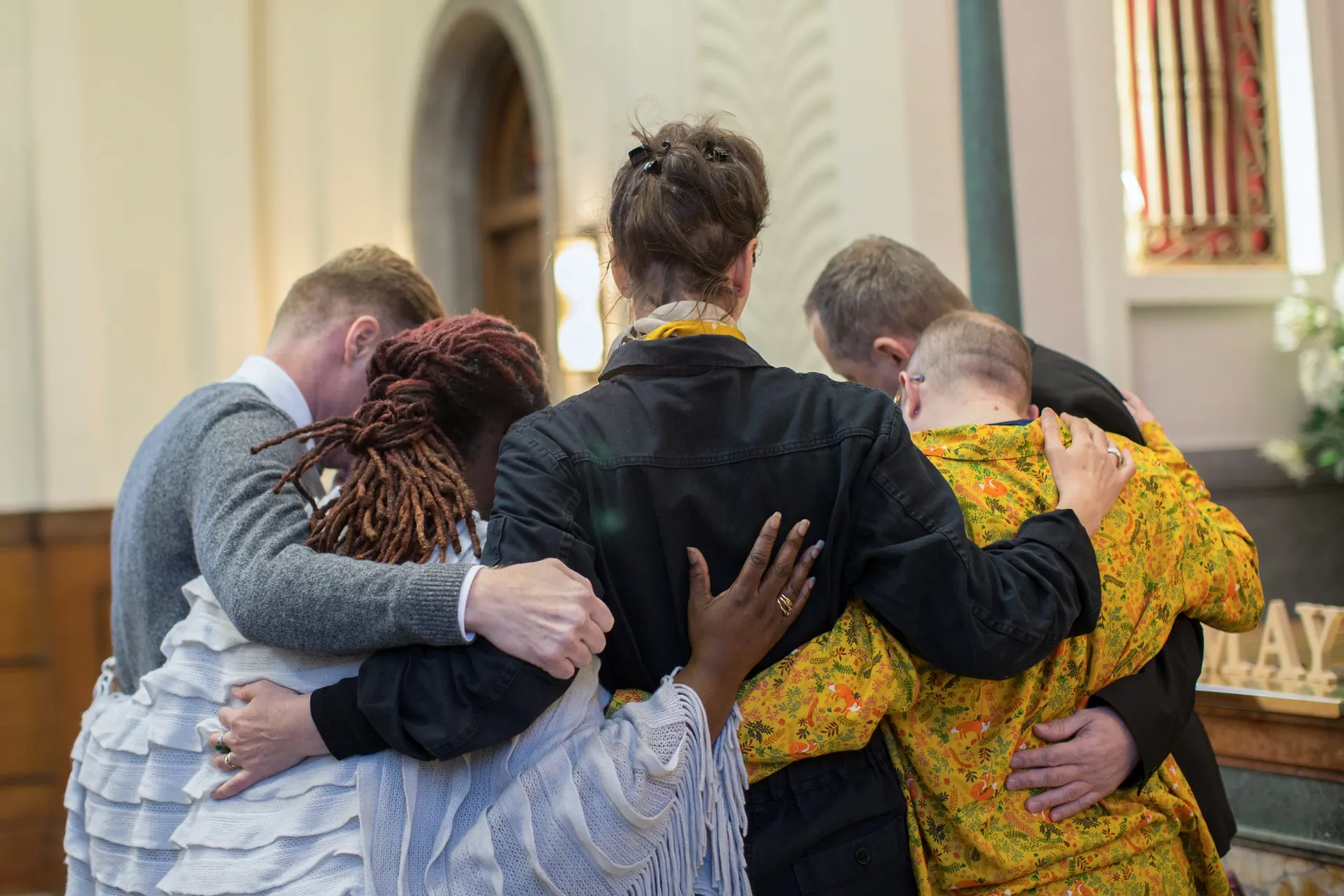Providing for your family – Before I tell you why you need a will, let me interject that probably the worst financial outcome when a person dies, is to have a person with minor children fail to purchase life insurance in an amount that along with their other financial assets, will be sufficient to replace their income during the children’s minor years. Most households with minor children today are two-income families and the loss of perhaps half or more of previous income triggers a crisis in finances. If both parents work, both should have life insurance.
It’s worse if a surviving spouse has not been working outside the home, especially if they have had professional licenses lapse or training grow obsolete while being a stay-at-home parent. Most poverty in America today is directly related to single parenthood without the skills to earn a livable wage to provide for the children. Even if the surviving spouse does have a good income, it is really tough to provide enough, especially paying for child care, without a big change in circumstances. Even if a person has significant medical issues, or is even medically uninsurable, they can at least purchase mortgage insurance to pay off the home in the event of their death since such policies seldom require qualification.
So, please don’t fail to carry significant life insurance on family breadwinners. The cost of 15-year term life insurance for a healthy 40-year-old male is only $65/month per $1,000,000 and that is probably the minimum amount a person should carry. For 10-year term it is only $47/month. I suggest you call SelectQuote since I no longer sell life insurance.
Now, why do you need a will?
Minor children – Let’s start with the case that you have minor children. Absent a will, the court will decide who has guardianship of your children, and they may not appoint whom you would have.
And, if your moral beliefs differ from the judge’s, from child services, or those who testify you may find the named guardian very much at odds with your wishes on how to raise the children and that could be tragic.Your children could go into the foster system and while that sometimes works out, often it scars the children who may go from one home to another, living with kids who may have emotional and/or behavioral issues.

Higher costs – An executor can charge the estate for the cost of their time and if that person is not a family member, costs can run up quickly, reducing the assets. A family member as executor is also allowed to charge for their time, but it may be less than what a third party would charge.
Family fights – I still am shocked at how often and how harshly adult heirs in apparently happy families of the deceased fight over assets. I have seen verbal promises come up of which the others were unaware and disbelieved. When hundreds of thousands of dollars o
Personal and real assets – Family fights can also get heated over who gets certain personal assets like jewelry or a gun, coin or other collection, a piece of furniture, pictures, paintings, family heirlooms, and other things. I have also seen fights over the deceased’s home which one family member may want or even move into and fight or even prevent its sale. Don’t say it won’t happen in your family because I have seen more than a few cases in which I think the deceased would have been very surprised and deeply saddened at what can happen.

Funeral – The worst time to plan a funeral is when grieving. It adds stress when it is already extremely high. The time until the funeral is usually a week and there is a lot to be done and perhaps no free money to carry out expenses that average over $7,000, even for cremation, and can run up to $20,000 when you count a burial plot and marker. You can help with some unhurried preplanning stated in your will. Providers will want to be paid upfront and will not wait for life insurance to pay.
Distribution of assets – Do you want an ex-spouse to receive a share or not? They may bring a suit to try to do that, adding stress and costs for your family. How about a child that hasn’t spoken to you in years? What about a child with substance abuse 
Lost Assets – I have seen cases where the deceased had many different accounts, bonds or stock certificates tucked in books, significant shares held at a utility and on reinvestment that an executor might miss, CDs or money markets, old 401(k)s of which they failed to keep a written record. If the executor cannot find a completely comprehensive record, some assets may be lost to the family.

Support causes you care about – if you don’t have a will that names them, how are they going to get the money you would have liked them to have? They very likely won’t.
Those are just the high points. You can write your own will (don’t a video, it may not be binding in all states) but generally it is better to pay an estate planning attorney $1500. If that seems like a lot, their expertise is worth a lot, and you are talking about everything you own and those you love. Do it.
Let me know if you would like a referral to estate planning attorneys I know and trust.

